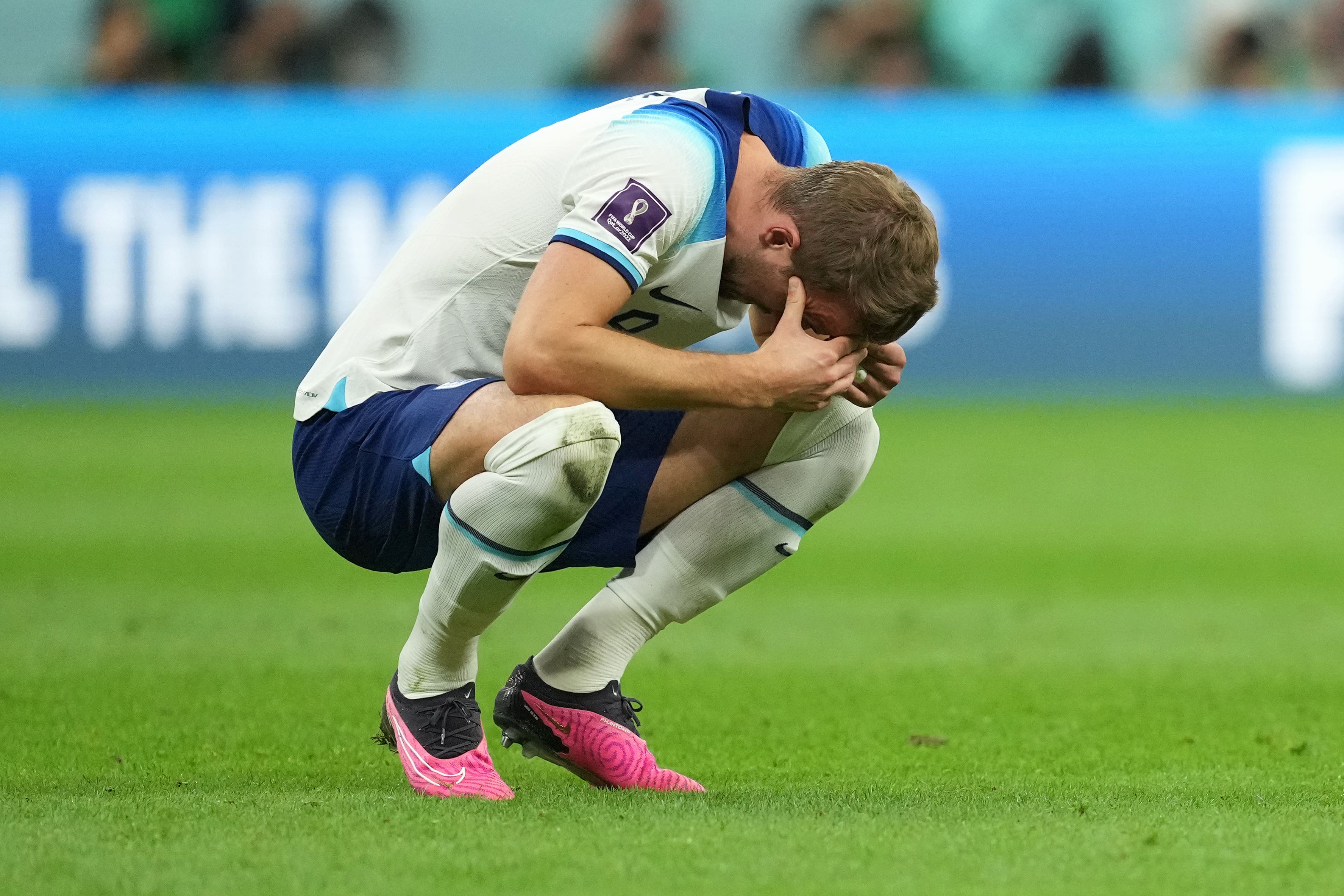England World Cup game identified as match that led to most social media abuse
Fifa have stepped up their plan to tackle offensive social media posts

England's quarter-final with France led to the biggest spike of abuse during the 2022 World Cup, Fifa research has revealed, as the governing body steps up plans to tackle offensive social media posts on the United Nations International Day for Countering Hate Speech.
A new "Social Media Protection Service" used in the study will also be offered to all participating nations at the Women's World Cup this summer, so that those involved cannot see a substantial portion of the worst posts.
In the wake of a meeting between Vinicius Jr and Fifa president Gianni Infantino over the toxic extent of the subject, the body have released a report into online abuse aimed at participants during the World Cup.
It found that, after England-France, the worst fixtures for problematic posts were the final between Argentina and France and the quarter-final between Morocco and Portugal. Up to 38% of the identifiable abuse came from accounts based in Europe with 36% from South America. The numbers came from a study that looked at over 20m posts and comments on Facebook, Instagram, TikTok, Twitter and Youtube, with 19,636 of those confirmed by the service provider as abusive, discriminatory or threatening. An added 286,895 comments were hidden from public view.
More than 300 individuals who made abusive, discriminatory, or threatening posts/comments during the World Cup have been verifiably identified and this information will be shared with the relevant member associations and jurisdictional law authorities to facilitate real-world action being taken against offenders.
The wider goal is to improve football's response to discriminatory issues, with Fifa looking to take a proactive approach for the Women's World Cup.
The governing body is offering their Social Media Protection Service – set up in conjunction with player representative body FIFPro – to all squads in Australia and New Zealand while offering to cover the full cost.
Join our commenting forum
Join thought-provoking conversations, follow other Independent readers and see their replies
Comments


Bookmark popover
Removed from bookmarks